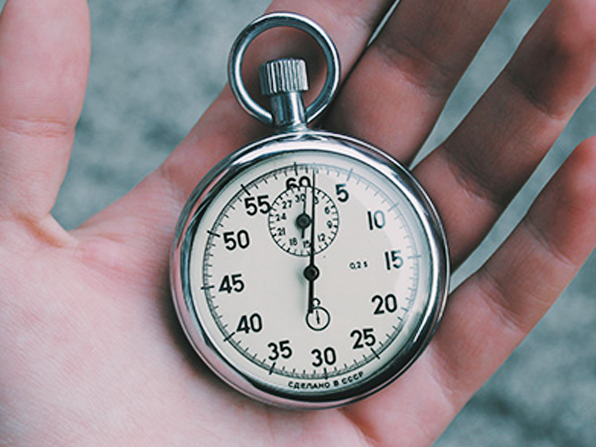
Are you curious about the Whole30 craze? It seems as if no matter where you turn, someone is talking about it or doing it. And with good reason. You can enjoy many benefits from committing to the Whole30, with weight loss being only one. Keep reading to learn more about this popular diet and how it can help you achieve your health and wellness goals.
The Whole30 in a Nutshell
So, what is the Whole30 diet? The creators will tell you it's not a diet at all but rather a program that can drastically alter your life for the better. Those engaging with the program commit to the plan for 30 days, eating real food in a diet comprised of meat; seafood; eggs; vegetables; fruit; natural fats; and herbs, spices, and seasonings. Essentially, you’ll be eating whole, natural, unprocessed foods if you take the leap.
There's a lot that's off-limits in the diet–with good reason. Processed, unnatural foods such as sugars, alcohol, grains, legumes, and dairy are a few of the categories of foods to avoid during your 30-day program.
The program's benefits include no calorie counting or serving size requirements, so load up on the good stuff, and you’ll feel better seems to be the mantra of this program.
Whole30 Benefits
While the Whole30 isn’t intended to be a weight loss program, many people who stick with it enjoy the benefits of a slimmer physique after completing it. But there are a wealth of other health benefits you can enjoy if you commit to the program for 30 days.
Reset Your Body
One of the main arguments for the Whole30 diet is that it resets your body, better helping you identify foods that may trigger certain ailments. Those who may have food intolerances or allergies can more easily pinpoint what is causing their issues by removing foods that are common culprits. After you complete your 30 days and start adding foods back in, it’s easier to identify problem foods, helping you avoid them in the future.
Reduce Inflammation
By increasing foods such as fruits, vegetables, and those containing Omega-3 fatty acids, those following the Whole30 typically see reduced inflammation in the body. Inflammation is a critical player in a host of diseases and disorders, including heart disease, cancer, diabetes, and more, and may even play a role in inhibiting brain function. Thus, the Whole30 may factor into helping you fend off a wide range of ailments driven by harmful, chronic inflammation.
Increase Mental Clarity and Focus
Doctors have known for years about the strong links between diet and mental health. The foods we put into our bodies absolutely can affect the way we feel and think. Some doctors argue that mental health starts in the gut, and a healthy gut can lead to a healthy mind and mindset. When your gut is functioning at its peak, the body is better able to send key mood regulators such as dopamine and serotonin to the brain and body, helping to balance you out. With a whole, unprocessed diet, such as that promoted by the Whole30, you help your body better produce and transport these critical neurotransmitters.
Weight Loss
While the Whole30 wasn’t created as a diet for those whose key goal is to lose weight, evidence from those adhering to the diet shows that weight loss is a common, welcomed side effect. By fueling your body with whole foods and ditching those that are processed and full of chemicals, your body can function at its peak, which naturally may lead to weight loss.
Maximize Your Whole30 Experience
Starting any new diet or food program isn't easy. Cravings can get the best of us and cause us to slide backward. The restrictive nature of the Whole30 program may primarily be a challenge for those just getting started. With the right mindset, preparation, and tools, you can more easily reap all of the benefits of the Whole30, including curbing cravings and ramping up weight loss.
SKALD is a proven way to torch fat by supercharging your metabolism and curbing your appetite. When paired with the benefits that the Whole30 already delivers, you'll enjoy even more significant weight loss results while reducing cravings.




